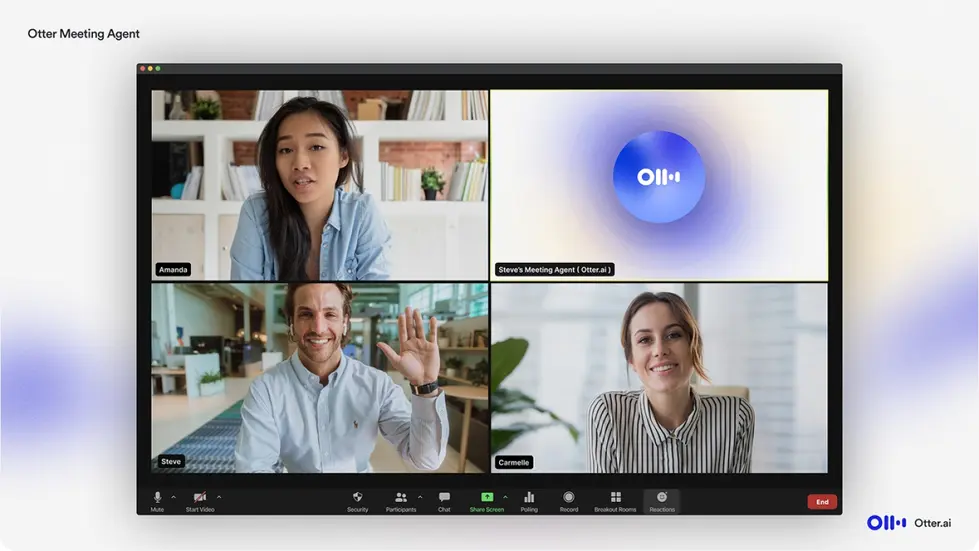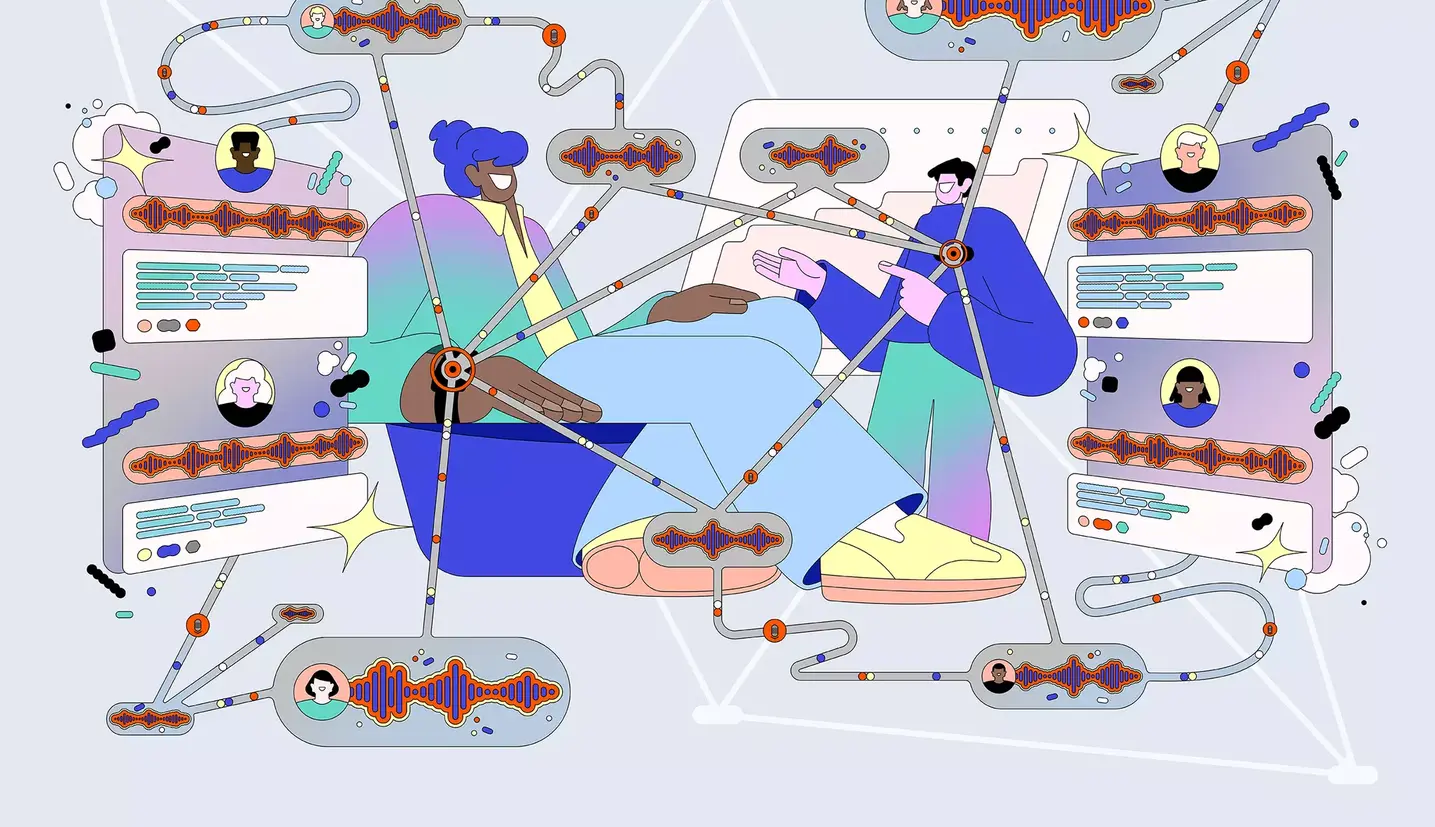T4K3.news
Otter AI faces class action over private chat recording
A federal lawsuit claims Otter Notebook records private conversations to train its AI without user consent in California.

A federal lawsuit claims Otter Notebook records private conversations to train its AI without user consent.
Otter AI faces class action alleging private chats recorded
A federal class action filed in the Northern District of California accuses Otter.ai of secretly recording private conversations through its Otter Notebook service. The suit says the tool transcribes meetings from Zoom, Google Meet and Microsoft Teams by default without asking attendees for permission or alerting them that recordings may be used to train Otter's AI. The filing seeks to represent California users who had chats captured without consent and argues the conduct violates state and federal privacy and wiretap laws.
The plaintiffs say Otter defies basic expectations of consent and control by allowing a Notetaker to join meetings and capture content without affirmative consent from participants. Otter responds that audio is de-identified before it is used to improve its AI systems and that it does not share data with foreign governments or law enforcement, though the complaint questions the transparency and effectiveness of its de-identification process.
Key Takeaways
"deceptively and surreptitiously recording private conversations"
Allegation in the complaint
"What Otter has done is use its Otter Notetaker meeting assistant to record, transcribe, and utilize the contents of conversations without the Class members' informed consent"
Direct quote from the filing
"de-identification process does not remove confidential information or guarantee speaker anonymity"
Questioning Otter's privacy safeguards
"before the audio of meetings is fed into its machine learning systems to help improve an AI speech recognition feature, it is de-identified"
Otter's defense described in the article
The case spotlights a broader tension in workplace AI between convenience and privacy. As transcription tools become common, defaults matter because they shape what data is collected and how it is used. If people are unaware of recording or of data sharing for training, trust in these tools can erode and inviting regulatory attention becomes more likely. The outcome could push Otter and similar services to rethink defaults, consent prompts, and data handling disclosures.
Beyond the legal questions, the suit raises practical concerns about who benefits from AI training and how private information is protected. If de-identification does not reliably remove sensitive details or identify speakers, the promised privacy gains may be illusory. Regulators may demand stronger safeguards and clearer notices for enterprise AI tools.
Highlights
- Consent should follow every AI listener
- Privacy must follow every message not just every host
- If a tool records a meeting it should announce it plainly
- De-identification cannot be a loophole for recording private chats
Privacy and data handling concerns in enterprise AI
The suit asserts Otter Notebook records conversations without consent and uses the data to train its AI, raising privacy and wiretap concerns under state and federal laws. Questions about the effectiveness of de-identification and the lack of public disclosure on data processing could invite regulatory scrutiny and public backlash.
Public trust in workplace AI will hinge on clear consent and transparent data practices
Enjoyed this? Let your friends know!
Related News

States expand biometric privacy rules

Anthropic settlement faces judicial scrutiny

Growing concern over AI recording devices in San Francisco

Anthropic settles AI copyright case

AI risk shaping money and life

Judge blocks Kilmar Abrego Garcia deportation

Nancy Jones faces alleged theft by Kirk West
Top apps face scrutiny for data tracking
